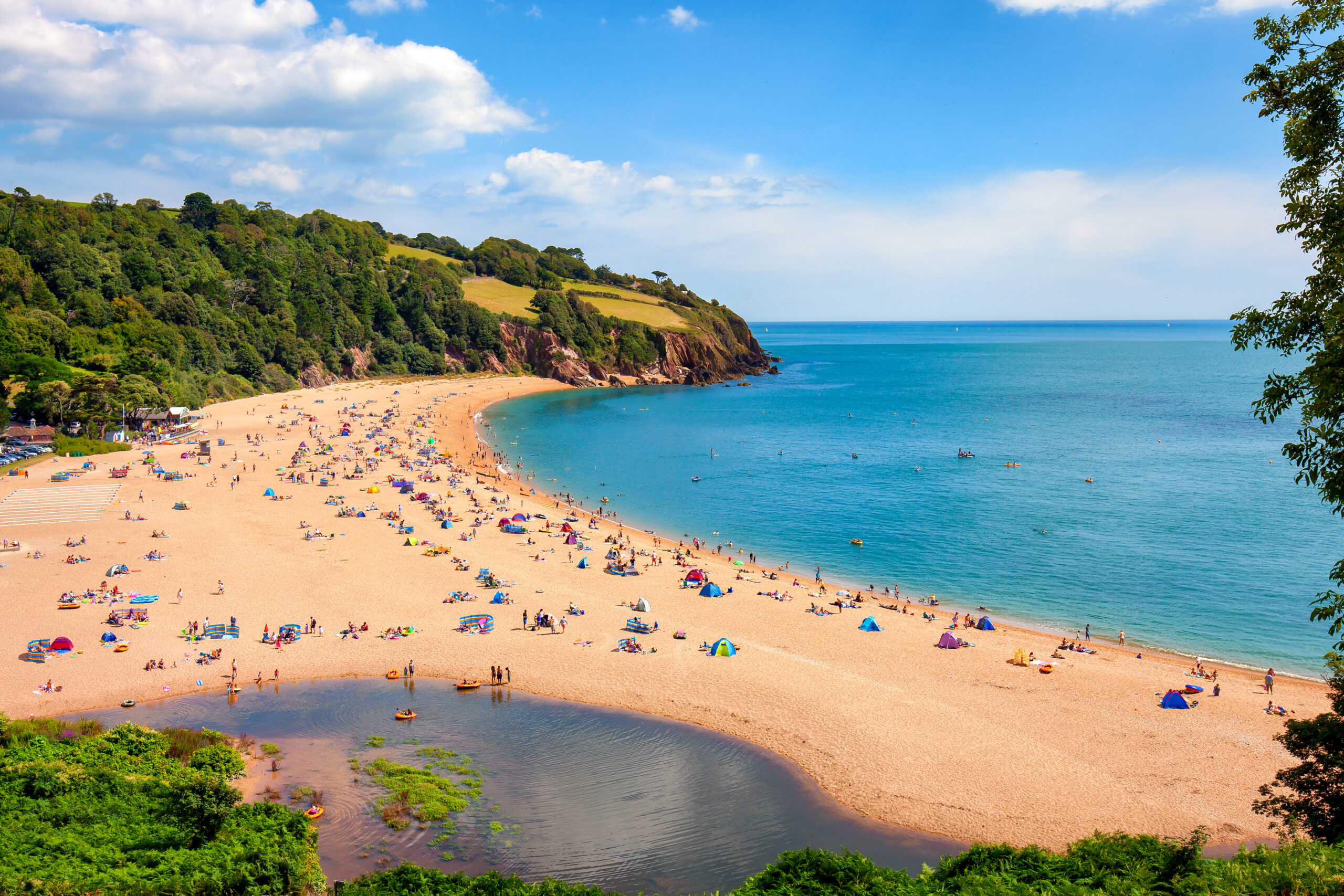Sea temperatures around the UK and Ireland have risen over the past week, with some regions now measuring up to 4°C above average — a spike that could impact marine ecosystems and swimmers alike.
Dr Ségolène Berthou at the Met Office explained that “marine heatwaves in UK waters usually last around two to four weeks. This year’s event began early March and has continued into May, making it “one of the longest on record for this time of year.”
Ocean and climate modeller, Dr Zoe Jacobs, from the National Oceanography Centre, who first noticed the heatwave developing, warned in 2023 that while marine heatwaves in UK have not been as long-lasting or intense as other parts of the world, they are projected to increase. This, she suggests, provides the UK with a chance to learn from best practice and be better prepared for future events.
While swimmers might be enjoying the warmer waters, Gareth Cunningham, Director of Conservation & Policy, Marine Conservation Society, warns that it is anything but pleasant for marine ecosystems. He explains that while some species can migrate to cooler waters further north, others—such as mussels—are unable to move and face significant risks. Prolonged heat stress, he cautions, can lead to mass mortality events that drastically alter our coastal ecosystems.
Warming oceans impact far more than just species that cannot relocate. As temperatures rise, the seas absorb more carbon dioxide, increasing acidity—a process called ocean acidification. Cunningham explains that this harms marine life by eroding calcium-based structures like shells and skeletons, making it harder for corals, shellfish, and plankton to survive and reproduce.
Shellfish such as crabs and lobsters are having to “divert more energy to rebuilding their shells, which are slowly dissolving in more acidic waters,” continues Cunningham, which means they have less energy for reproduction, and this results in a shrinking population. Fish are also affected, as acidification slows egg and larval development. In Papua New Guinea, it was found that Clown fish are shrinking to cope with heat stress.
Image: Clown fish by SLNC
While the weather cooled slightly over the weekend, ocean temperature lags behind, and longer-term forecasts continue to show warm weather suggesting it might only be a temporary reprieve.

